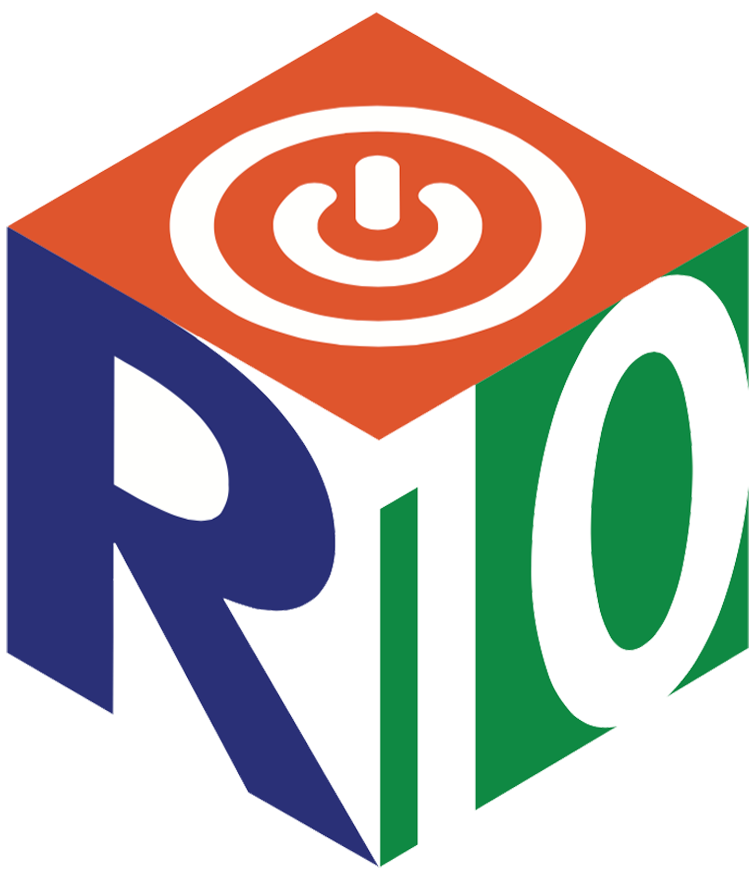Picture a school where a nurse's compassionate touch is as essential as the whiteboard or textbooks. Even better, imagine a school setting where every child's health is safeguarded and every academic endeavor is backed by a skilled healthcare provider. For some schools in Region 10, this reality exists. In these schools, nurses are not just medical professionals, but also serve as the unsung heroes who provide the first line of defense against playground injuries, stomach aches, and emotional wounds that often go unnoticed. They are vital to Texas public, private, and charter schools, caring for countless students and keeping teachers and faculty safe.
Over the last decade, there has been a steady decline in the number of school nurses. A 2017 National Association of School Nurses (NASN) report states that roughly 40% of public schools have full-time nurses. In 2021, there were more than 6,200 school nurses throughout Texas, with North Texas having the most while the Panhandle had the least (Texas Department of State Health Services, 2021). Through advocacy and partnership, Region 10 ESC aims to increase the number of school nurses equipped and ready to care for young and curious minds throughout North Texas.
In the latter part of 2020, an initiative was established in Region 10 to transform the school nursing and health services landscape. A group of nursing leaders recognized the absence of a dedicated authority overseeing these critical aspects and formed the School Nurse Advisory Council. The council convened regularly to address pressing school issues, particularly amid the COVID-19 pandemic. Creating a specialized position to support the region's school nurses took shape during these discussions. Thus, the role of School Nursing and Health Services Consultant was conceived.
Since stepping into the role in June 2021, Ginger Riggins MSN, RN has supported school nurses throughout Region 10, offering guidance, education, and training to enhance the well-being of students on campuses. As the School Nursing and Health Services Coordinator for Region 10 ESC, Riggins brings her rich experience daily.
“I began my school nursing career at a newly formed Texas Charter School back in 2009. I had no prior experience working within an educational organization and I quickly had to learn what the role and responsibilities were for a school nurse. I can honestly say I know what it feels like to be new to a school nursing position. That’s why my heart is to support and encourage school nurses, but also support paraprofessional roles, unlicensed personnel roles, and really anybody who works with students dealing with a health or medical condition,” Riggins shared.
The support that Riggins offers as coordinator bridges the gap for nurses who find themselves thrust into the world of school nursing without formal guidance, whether newcomers or experienced professionals. Through in-depth training sessions and resources, school nurses in Region 10 can navigate their roles more effectively. Using standards set by the National Association of School Nurses, Texas School Nurse Organization, Texas Board of Nursing, and the Texas Department of State and Health Services, Riggins is working to establish a comprehensive and robust school nursing and health services program, including a school nurse orientation program and a newly formed leadership academy.
“This year, we have initiated monthly virtual meetings for new school nurses, covering topics often overlooked during the standard orientation process. Also, establishing a new leadership academy for those who have been placed in a leadership role within the scope of nursing and health services. Many of the nurses and health directors’ have not been given tools on how to be a leader and lead staff. The academy is to help equip our nursing and health services leaders to effectively lead, grow, and help sustain school nursing positions in our districts. It's about breaking down the complexities, offering practical resources, and ensuring consistency in practice across the board,” Riggins explained.
Such support has been vital in meeting requirements set forth by the 2021-2023 COVID-19 Public Health Workforce Grant. The funding enabled Region 10 ESC to offer support to schools with limited or no nursing support by hiring eight dedicated nurses between October and December of 2021. Through this effort, six of the initial eight nurses hired have become district-funded full-time nurses in multiple Region 10 districts, becoming advocates for student success and contributing significantly to decision-making.
With their expert knowledge of students' health conditions, school nurses can help identify issues such as unmet medical needs or difficulties accessing essential medications. Nurses can collaborate with attendance review boards, counselors, and teachers to uncover the root causes of chronic absenteeism, be it physical ailments, mental health challenges, or barriers to accessing necessary services. This collaboration can result in significantly improved student outcomes, from better attendance to improved academic performance.
“As educational professionals, we all work together, looking at how we best can support our students. The support that school nurses provide can lead to better health outcomes not just for students but for the school community as a whole,” Riggins stated.
For many children, the school nurse may be their only access to healthcare. These nurses work independently, rely on evidence-based practice, adher to education standards and the scope and standards of practice set by the Texas State Board of Nursing. Their experience, education and practice decisions are critical in providing essential care and support to students facing health conditions. Despite a few challenges, these unsung heroes are dedicated and adaptable, creating a nurturing environment for every child to flourish.

